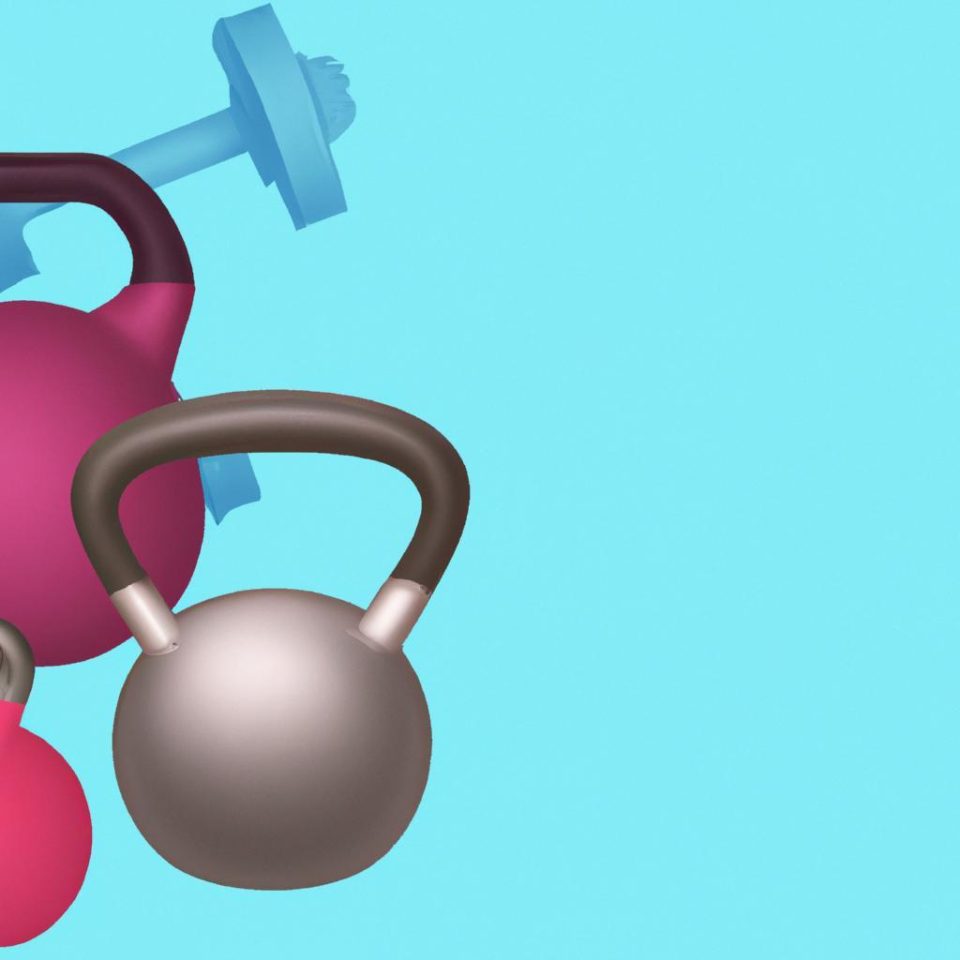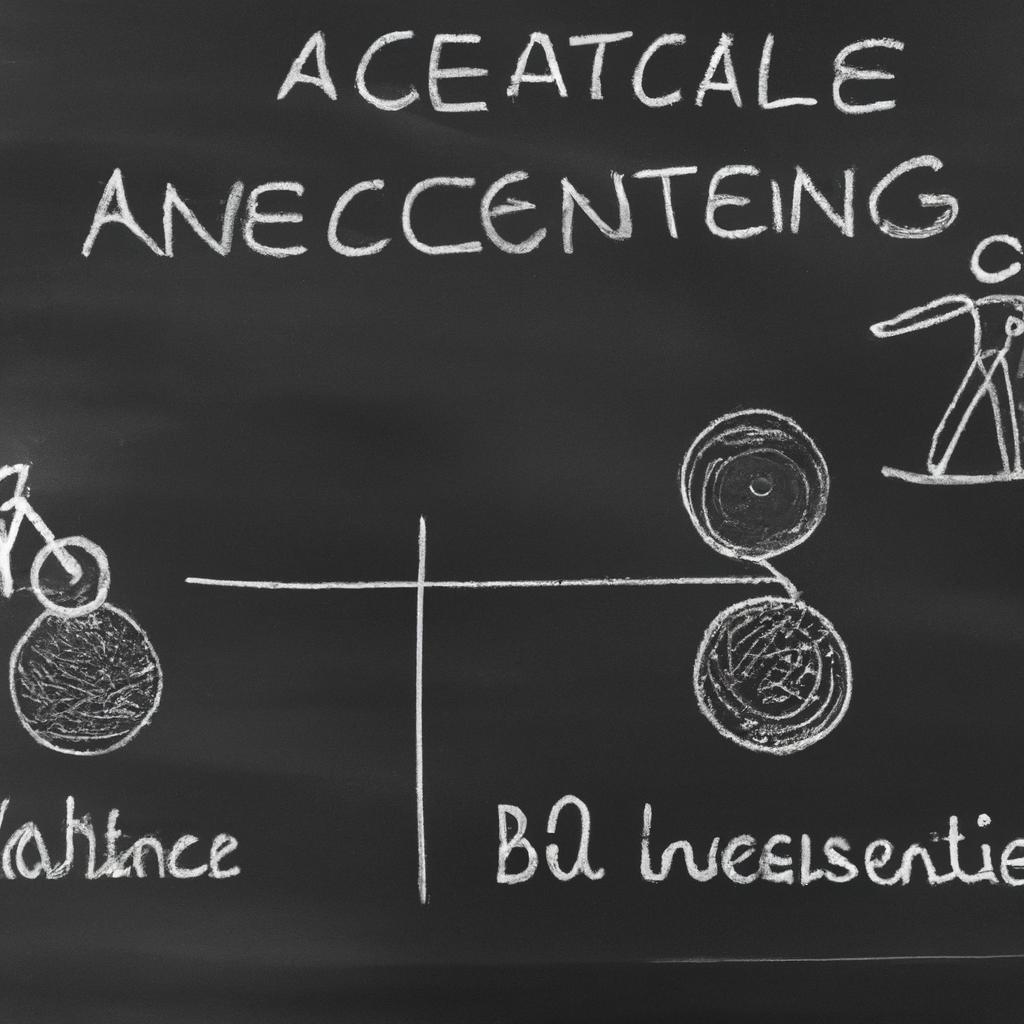Staying Fit and Active: The Role of Sports in Physical Well-Being

In a world where the demands of daily life often compete for our attention, maintaining physical well-being can sometimes feel like a daunting challenge. Yet, nestled within the vibrant realm of sports lies a powerful antidote to the sedentary lifestyle that so many face today. From the exhilaration of team competitions to the tranquility of solo pursuits, sports offer an engaging pathway to fitness that transcends mere exercise. They weave together the threads of discipline, camaraderie, and joy, creating a tapestry that encourages us to move, connect, and thrive. In this article, we will explore the multifaceted role that sports play in fostering physical health, unveiling how they can spark motivation, enhance mental well-being, and inspire a lifelong commitment to active living. Join us as we delve into the transformative power of sports and discover how they can be a cornerstone of our journey towards a fitter, more vibrant life.
Enhancing Endurance: The Benefits of Cardiovascular Sports for Overall Health
Engaging in cardiovascular sports offers a multitude of benefits that go beyond just physical stamina. These activities, which include running, swimming, cycling, and even brisk walking, are instrumental in strengthening the heart and lungs, enhancing overall cardiovascular health. As you persist in such endeavors, your body becomes more efficient at utilizing oxygen, leading to improved energy levels and reduced fatigue. Incorporating endurance sports into your routine can also aid in weight management, as they often burn a considerable number of calories and promote a faster metabolism. This holistic approach to fitness not only encourages physical changes but also elevates your mood through the release of endorphins, often referred to as ‘happiness hormones’.
Moreover, the social aspect of participating in cardiovascular sports cannot be underestimated. Engaging in group runs, team cycling, or even community swimming events fosters a sense of camaraderie and belonging, significantly boosting mental health. Regular participation in these activities can lead to better stress management and enhanced cognitive function. In addition, cardiovascular exercises have been shown to reduce the risk of chronic diseases, which is particularly beneficial in maintaining long-term health. Here are just a few key benefits:
- Boosts Heart Health: Strengthens the heart muscle, aiding efficient circulation.
- Improves Mental Health: Helps alleviate anxiety and depression symptoms.
- Increases Longevity: Regular participants in cardiovascular activities often enjoy a longer, healthier life.
- Supports Weight Management: Elevates metabolism and aids in calorie burning.

Strength in Motion: How Team Sports Foster Physical and Mental Resilience
Engaging in team sports offers a unique blend of physical exertion and social interaction, which together contribute significantly to **building resilience** in individuals. When players work towards a common goal, they not only hone their athletic skills but also learn essential life lessons in discipline, cooperation, and perseverance. Throughout various challenges on the field, such as losses or tough games, athletes develop the capability to bounce back and remain focused under pressure. This process inherently cultivates mental toughness, allowing participants to manage stress and adapt to changing circumstances, skills that are invaluable both in sports and beyond.
The physical demands of team sports require players to push their limits, enhancing their overall fitness and encouraging a healthy lifestyle. Participants typically benefit from increased **strength, endurance**, and flexibility, leading to improved well-being. Furthermore, the camaraderie formed among teammates contributes to a strong support network, fostering emotional resilience. The benefits of this unique dynamic can be illustrated in the table below, which outlines the key features that contribute to physical and mental resilience through team sports:
| Key Features | Physical Benefits | Mental Benefits |
|---|---|---|
| Teamwork | Improved communication skills | Enhanced problem-solving abilities |
| Competitive Spirit | Increased cardiovascular fitness | Greater stress management |
| Shared Goals | Boosted muscle strength | Developed resilience to setbacks |
| Coaching and Support | Improved agility and coordination | Strengthened emotional intelligence |

Balancing Act: Incorporating Flexibility and Mindfulness Through Active Recreation
Finding the right balance between physical activity and mental well-being is crucial for holistic fitness. Engaging in active recreation—whether it’s yoga in the park, rock climbing, or dancing—provides an excellent opportunity to blend flexibility and mindfulness into your routine. This multifaceted approach benefits not just your muscles and joints, but also your mental resilience. Consider incorporating activities that allow you to increase your heart rate while simultaneously centering your thoughts. For instance:
- Mindfulness Hikes: Enjoy nature while practicing breath awareness.
- Dance Classes: Move freely to music while focusing on rhythm for mental clarity.
- Local Sports Teams: Engage with a community for social interaction while improving physical coordination.
To illustrate the interplay between active recreation and well-being, consider tracking your progress in a simple way. Below is a table that summarizes popular activities along with their benefits for both the mind and body:
| Activity | Mental Benefits | Physical Benefits |
|---|---|---|
| Yoga | Reduces stress and increases mindfulness | Enhances flexibility and balance |
| Cycling | Boosts mood and mental acuity | Improves cardiovascular health |
| Team Sports | Fosters teamwork and social connections | Builds strength and endurance |
Incorporating these activities into your life not only promotes physical fitness but also nurtures a mindful approach to your overall well-being. By creating a routine that values both movement and mental clarity, you embrace a lifestyle that respects and celebrates the complexities of health.
In Summary
In a world that often pulls us in a thousand directions, sports serve as a steadfast compass, guiding us toward better physical well-being. Engaging in physical activities not only builds strength and endurance but also fosters community and enhances mental clarity. As we’ve explored, the benefits of staying fit through sports extend far beyond mere physical appearance; they echo in every facet of our lives, shaping our moods, our relationships, and our overall quality of life.
So, whether you’re a seasoned athlete or someone contemplating your first workout, remember that every stride, every pass, and every cheer contributes to a healthier you. Embrace the journey of staying active—each moment on the field, the court, or the track can be a stepping stone toward a more vibrant life. Ultimately, the real goal is not just to be fit, but to thrive in every sense of the word. Let the pursuit of physical well-being through sports become a joyful part of your everyday routine, and watch it transform not only your body but your entire lifestyle. The game is yours—play it with passion!





